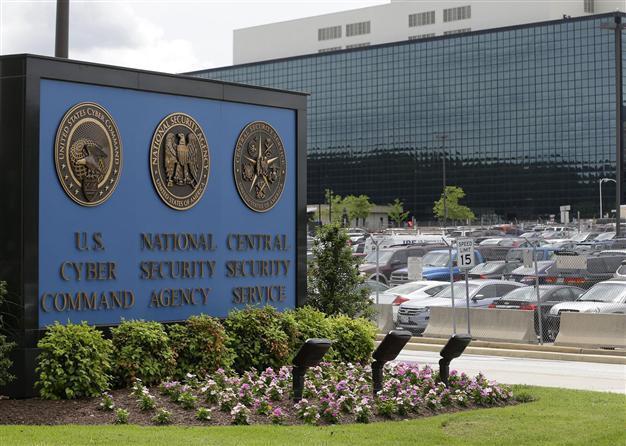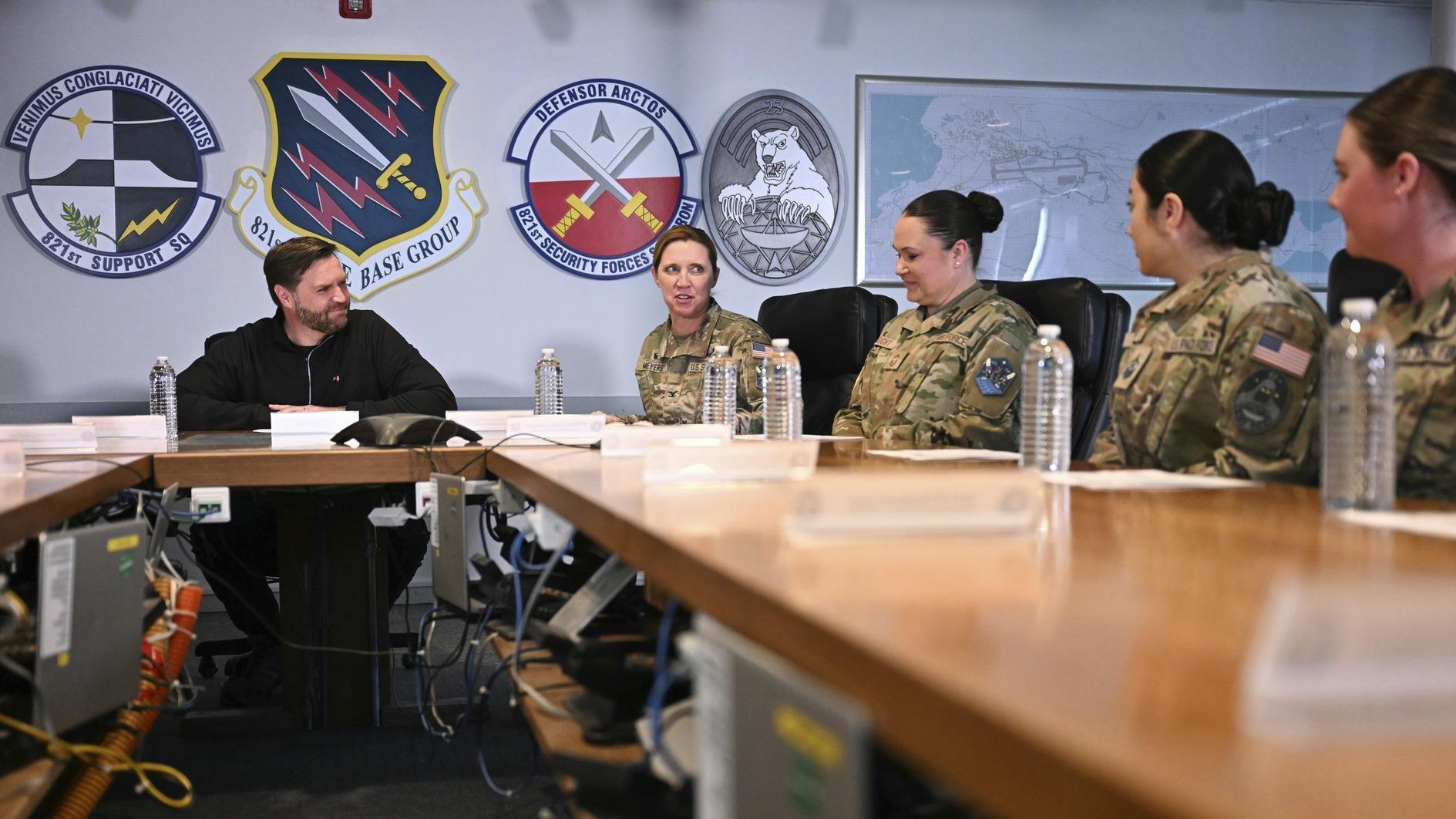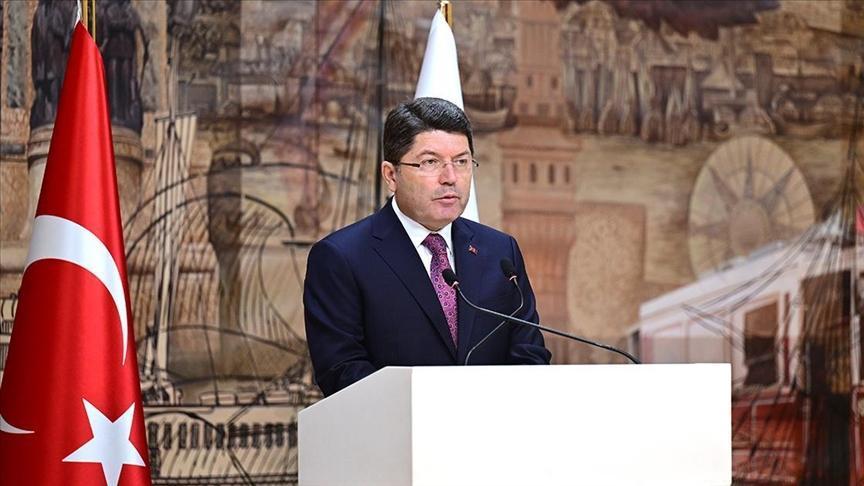US judge says NSA phone data snooping probably illegal
WASHINGTON – Agence France-Presse

This June 6, 2013 file photo shows a sign outside the National Security Agency (NSA) campus in Fort Meade, Md. A federal judge says the NSA's bulk collection of phone records violates the Constitution's ban on unreasonable searches. AP Photo
A US judge struck a first blow against the National Security Agency's bulk collection of phone records Dec. 16, ruling it breaches citizens' privacy to an "almost Orwellian" degree that is probably unconstitutional.The scathing ruling by a federal judge in Washington was stayed pending appeal, but if upheld it could lead to the spy agency being barred from indiscriminately gathering metadata on millions of private calls.
While not a final judgment, the ruling put the administration on the back foot at the start of what will no doubt be a protracted series of legal challenges to the NSA's global surveillance network.
And it was seized upon by fugitive intelligence leaker Edward Snowden to support his case that he is a whistleblower exposing official overreach rather than a traitor endangering national security.
"I cannot imagine a more indiscriminate and arbitrary invasion than this systematic and high-tech collection and retention of personal data on virtually every single citizen," US District Court Judge Richard Leon said.
Leon argued that American founding father James Madison, one of the authors of the US Constitution, would be "aghast" at the government's "almost Orwellian" breach of citizens' rights to privacy.
He also took aim at US government claims that the scale of data-gathering was necessary to thwart terrorist plots.
"The government does not cite a single instance in which analysis of the NSA's bulk metadata collection actually stopped an imminent attack, or otherwise aided the government in achieving any objective that was time-sensitive in nature," Leon wrote.
Contacted by AFP, the NSA refused to comment. The US Justice Department said it was examining the ruling.
"We believe the program is constitutional as previous judges have found," a Justice Department spokesman said. "We have no further comment at this time." Two plaintiffs, Larry Klayman and Charles Strange, brought a case against President Barack Obama's administration after Snowden revealed the vast scale of the NSA's digital dragnet.
Document leaks
Documents provided by Snowden to the British daily The Guardian revealed that the NSA had compelled US telecoms giant Verizon to provide agents with its clients' call metadata.
Subsequent leaks from Snowden's vast trove of classified documents suggest that other telephone and Internet providers have also provided private details on both US and foreign clients.
Leon's ruling would bar the US government from continuing to siphon off metadata without judicial approval, but he did not issue an immediate injunction against the practice.
Instead the case will go to appeal.
"In the months ahead other ... courts, no doubt will wrestle to find the proper balance consistent with our constitutional system," he said in a written judgment.
Obama's administration has condemned Snowden's leaks and insists that collecting metadata -- the time, duration and destination of calls but not their content -- is not unconstitutional.
US spy chiefs say that by joining the dots between archived calls and terrorist suspects they can keep America safe, but this case will not be the last legal challenge the program faces.
On Friday, an official panel handed Obama a secret review of the NSA's electronic surveillance program along with more than 40 recommendations to install safeguards and limit its scope. But the administration is not expected to significantly curtail the NSA's mission, despite international outrage, and Snowden remains a fugitive from US justice granted temporary asylum in Russia.
Leon said the appeal process would take at least six months and delayed his order "in light of the significant national security interests at stake ... and the novelty of the constitutional issues." Snowden, who worked as a contractor for the NSA before quitting with a pack of documents, expressed satisfaction in a statement passed to the New York Times by journalist Glenn Greenwald.
















